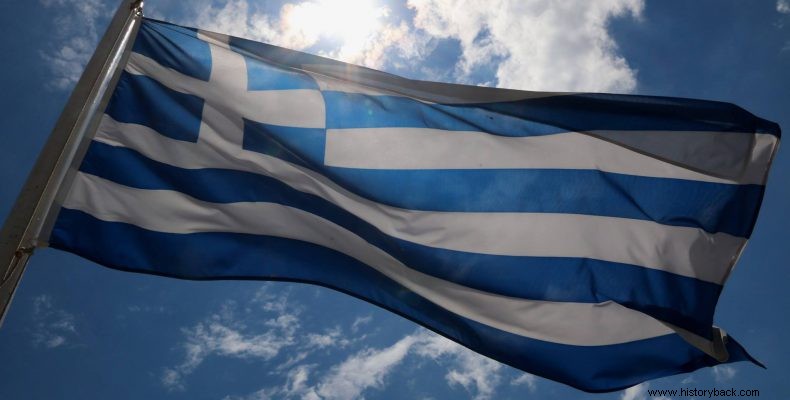
History's role in politics is not only in ancient times when Euripides said the well-known "OLBIUS IS THE KNOWER OF HISTORY", but always. To be a good politician, one must know History, because most problems have a historicity. Few are those that are solved. Most are repeated and have the same or almost the same parameters.
BY NICK KOUTSO
SOURCE:APOPSEIS
The historicity of an issue/problem is something that, in my opinion, should be both examined and taken into account in efforts to resolve it. In this particular case, it must be examined whether Turkey was a party to the International Treaty of Paris in 1947. Turkey was not a party to this agreement. So the next question is what right does a country that is not part of an international treaty have based on International Law? Article 34 of the Vienna Convention does not confer any rights on third countries. So Turkey has no right to abrogate or amend this particular agreement, so Turkey's objections are legally invalid.
HISTORY:Turkey never for a second possessed the Dodecanese or rock from the genesis of the Turkish state. Greece took them from the British after World War II.
THE CURRENT SITUATION:Greece, exercising the internationally recognized right of self-defense, has armed the islands without protest from any of the countries that signed the Treaty of Paris in 1947. Turkey, meanwhile, has invaded Cyprus in 1974 and created its army Aegean. Therefore, the differences between Greece and Turkey are not the result of the attempt to implement the International Law of the Sea (ILS) of 1982, nor the pending Cyprus issue, in the refusal of the Turkish Cypriots to accept a reasonable solution.
But to Turkey's goals, to become and be recognized as a regional power, to lead the Muslim world and nothing should be done in the Eastern Mediterranean, without its own opinion and reason and the control it exercises over the Turkish Cypriots. While Turkey denounces other countries for a colonial mentality, it itself asks for rights that belonged to the Ottoman Empire, that is, it behaves like a colonial power without always accepting that it is a successor state of the Ottoman Empire, especially regarding what is related to ethnic cleansing. (Pontians, Armenians, Assyrians, etc.).
That is why it is very important what Athens means by the term de-escalation (if it includes the withdrawal of Yavuz and Barbaros from the EEZ of Cyprus) as well as the basis of possible negotiations. It is obvious that today's Turkey seeks to revise everything with the sole criterion of its interests and power from abroad and uses both its rhetoric and its fleet and army.
PS1 :The main elements of the article have been taken from the publication made by the former Minister of Foreign Affairs of Greece Mr. N. Kotzias on the website "TheForum - Agora Dialogue".
PS 2:Any disputes between Greece-Turkey and Cyprus-Turkey will be resolved through negotiations and peacefully, which is why the agenda that will be agreed between Greece and Turkey, as well as the basis of possible discussions between them, is of such great importance.
PS 3:In the 1982 WTO negotiations, Colombia raised the issue of introducing the distance criterion so that islets and islets that are far from the mainland of their country and are close to a third country have no rights. A request that was rejected during the negotiation of the DTT. So the complaint about Kastellorizo and generally about the distances is illegal.
